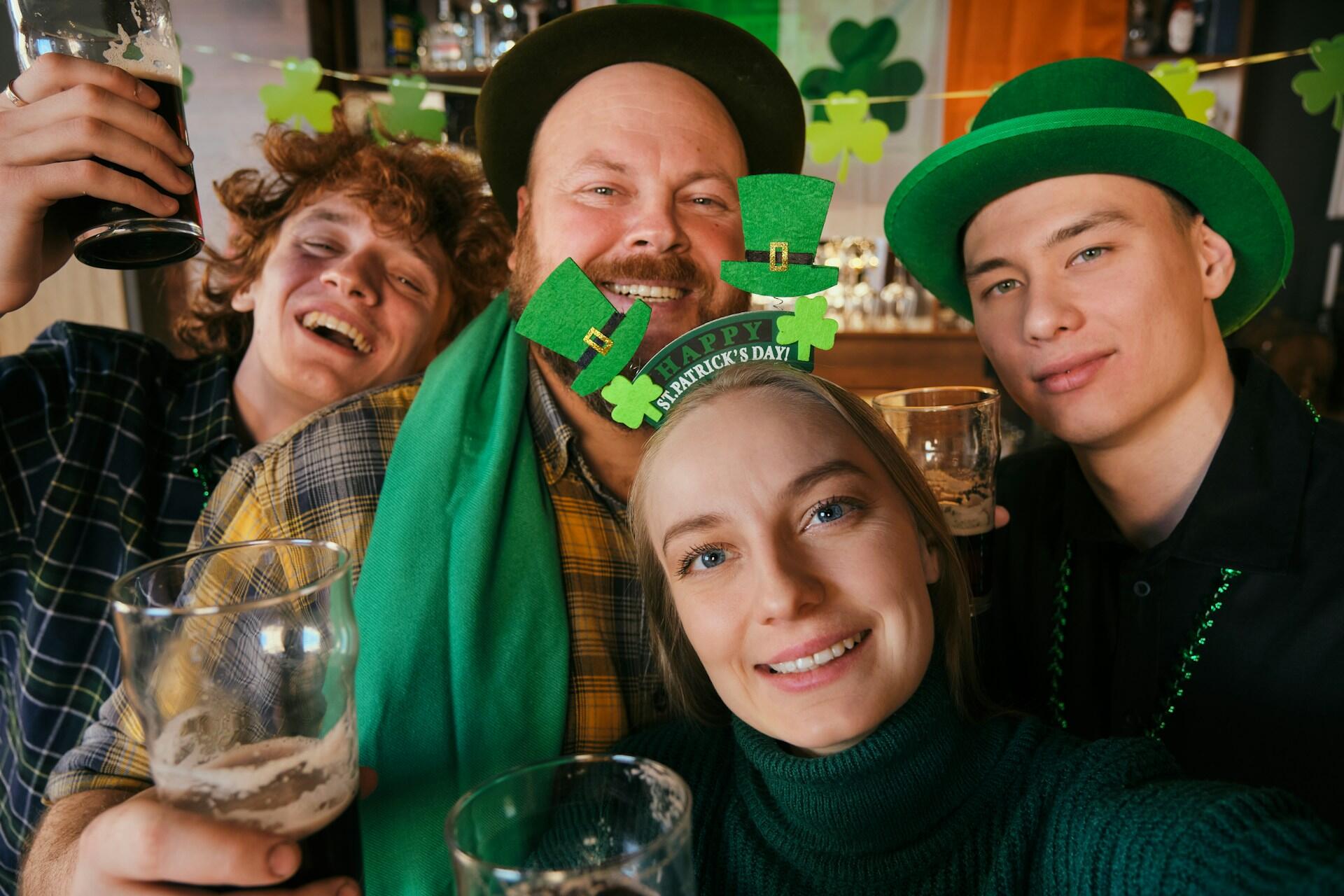The internet is full of queries like "How do you do an Irish accent?", which assumes there's only one to learn. As our title shows, this language counts five major accents, along with a host of regional and local dialects. This article focuses on just one Irish accent, called Hiberno-English, Irish English, and sometimes Anglo-Irish.
What to Know About Irish Accents
- The language you hear in Dublin is not quite the same as the one spoken in Belfast.
- Spelling Irish English words mostly follows British conventional spelling.
- Hiberno English grammar structures and some vocabulary are unique to this language.
- So-called 'standard' Irish has only developed over the last 50 years and is still a work in progress.

🔎 How to Do an Irish Accent
Sláinte! This Irish word is generally reserved for when one raises a glass of whisky. It means 'Cheers!' or, more specifically, 'To your health!' However, people everywhere have made 'Sláinte!' an Irish totem, a symbol of their Irish roots, or simply their love of all things Irish.
The same thing happened to the Italian word for 'You're welcome!'.
In fact, prego became a brand of pasta sauce one can buy around the world, promising an authentic Italian identity to an American product. With that, we see that it's not uncommon for people everywhere to seize upon a word or phrase and build an entire narrative around it.
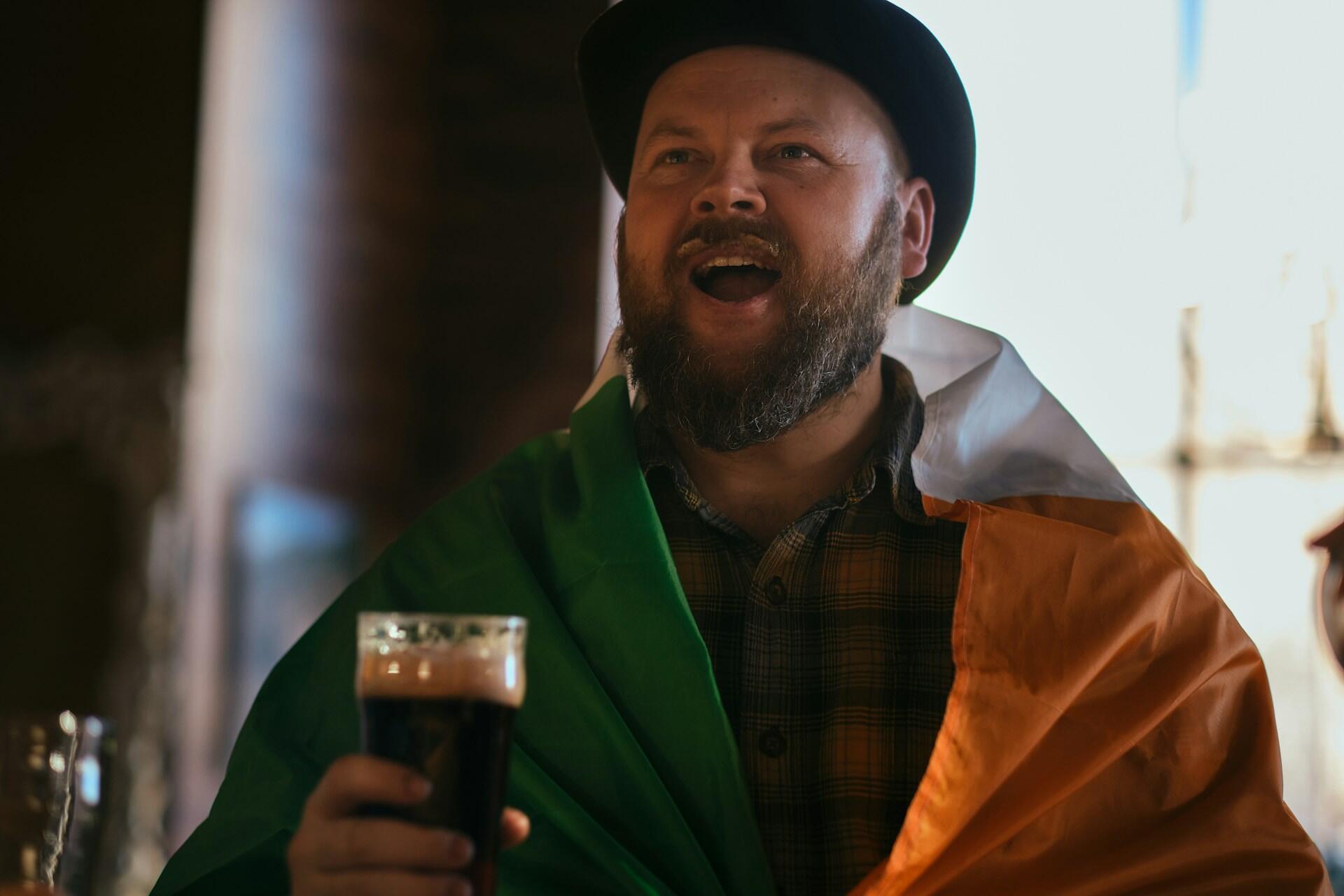
Still, we might wonder how Irish people feel about their language being outright misused. (Hint: they don't like it! 😣)
Or about their culture being given such a superficial representation. Because the fact is, the Irish language and culture are rich with history, tradition, and meaning.
These are all qualities Sláinte! covers, but one word is nowhere near enough to give us the full scope of Irish accents and language.
The Five Irish Accents
With a surface area of just 84,421 km2 and a population of a bit over seven million, Ireland qualifies as a small country. For all that, this land and its people demonstrate astounding linguistic diversity.
Western Irish
- Mayo accent
- Donegal accent
- Galway accent
Southern Irish
- Cork accent
- Limerick accent
- Sligo accent
Dublin Irish
- local Dublin English
- non-local Dublin English
- Advanced Dublin English
Northern Ireland is a country apart, though the two nations share much history, culture and language. Still, Ulster English (also called Northern Irish English) has its own dialect and vocabulary. Linguists count Ulster English as the fourth Irish accent.
Finally, we come to the 'standard' Irish accent. As noted above, this language project began roughly 50 years ago as an attempt to even out regional differences. Standard Irish counts as the fifth Irish accent.
In this article, we cover the standard Irish accent while paying tribute to all the other Irish accents that help shape it.
🧙♂️History of the Irish Accents
The way people speak in Manchester was influenced by people from all over the world going there for work during the Industrial Revolution. By contrast, Irish accents largely kept their Old and Middle English roots.
Of course, immigrants influenced those speech patterns, too. Well, 'invaders' is the correct term, as it was the Angles who revolutionised the way Irish people talked. The Norman-Anglo invasion in the 12th century and their subsequent settlements marked that distinctive turn.
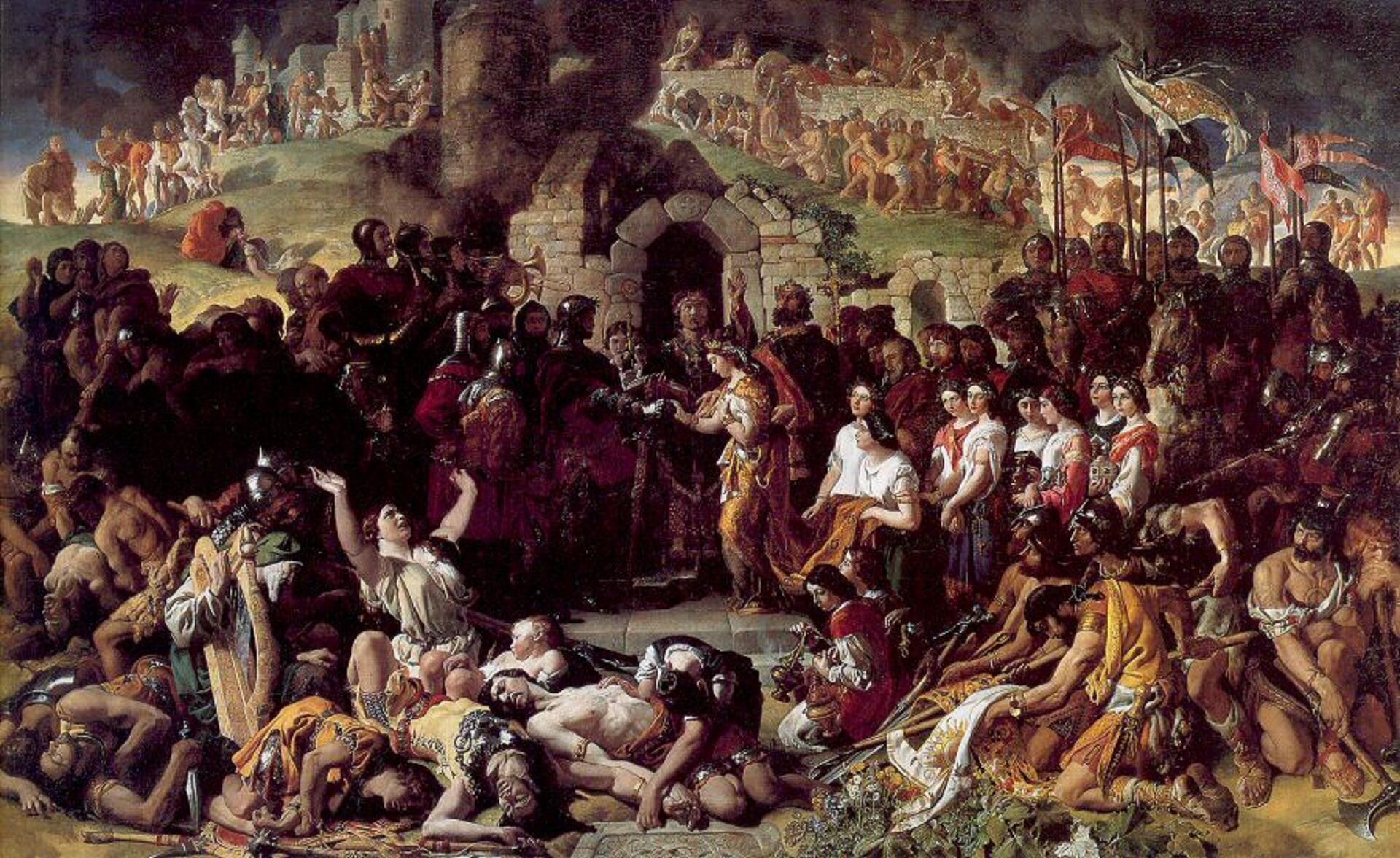
However, the invaders didn't reach every corner of the Emerald Isle. Pockets of the native language survived and re-emerged once the Anglo-Norman influence faded. But then, the Tudor conquest obliterated traditional Irish speech.
This 16th-century invasion brought waves of English speakers to Ireland.
They forever changed the sound and spirit of the Irish language.
Across the country, colonisers forcibly suppressed the Irish language; they were far more thorough than their Norman forerunners. As a whole, the Irish language went into steep decline and, to this day, that is the state of affairs. Yet, the distinctive accents remain as localised varieties.
How Did the Northern Irish Accent Develop?
While native Irish speakers struggled to resist English mandates, Northern Irish populations enjoyed an advantage. Their close proximity to Scotland gave them an escape route. That same path allowed Scots speakers access to their lands, creating subdivisions in the language.
Mid-Ulster English
South Ulster English
Ulster Scots
Most linguists consider the latter a language unto itself, but they peg the first two as related. Scottish speakers of every accent give a nod to this Irish influence, even if their type of Gaelic is markedly different to Irish Gaelic.

👩🎓Aspects of the Irish Accent
As noted above, the spelling of Irish words is a lot like the spelling London English speakers use, despite how different their accents are. However, when it comes to language mechanics, Irish folk and Londoners could not be more different.

Grammar and syntax (punctuation and word order), as well as word usage set Hiberno-English apart. Speech patterns do too, and we're not just talking about Irish accents. For instance, that endearing pattern of repeating concluding phrases: "She's got no shame at all at all".
This practice comes from the Irish phrase ar chor ar bith. Ar bith means 'at all'. Note that this seems to be more of a media affectation; it has its roots in Stage Irish, also known as Paddywhackery.
In some of the world's more formal, elaborate languages (Russian, Polish, and others), it's common to emphasise who is performing an action. While mainstream English speakers are happy to shortcut sentences, Irish speakers produce epic constructions to produce that emphasis.
- He's just arriving.
- We didn't do anything, she did it!
- Alright, mate?
- 'Tis himself that's arriving now.
- Was it all of ye or just herself?
- How's himself doing?
English speakers elsewhere might think that this reflexive pronoun usage hints at arrogance or dislike on the speaker's part. In fact, it's part of the native Irish language sentence construction. It has nothing at all to do with disdain.😤
In a matter related to reflection, Irish English speakers typically add pronouns where none are needed. It's because the Irish language does not have the verb 'to have'. To get around that lack, this language uses 'at' (ag, in Irish). The practice of adding the pronoun to define the 'at' carries over into Irish English:
- Have you your trainers for gym with you?
- Do you have the file with you? I have it with me.
- She takes her child everywhere with her.
Yes and No
This is a syntax rule that those who speak with a Welsh accent will recognise. Instead of answering 'yes' or 'no' to a simple question, Irish (and Welsh) English speakers confirm the question.
The verb used to form the question is used in the answer.
You might have heard this type of response on a television show; they're quite popular, even in the US. Here's what it sounds like, in positive and negative forms.
- Is it raining out there? It is. / It isn't.
- Are you home? I am. / I am not.
- Is she ready yet? She is. / She isn't.
Note: this formulation also applies to the verb 'to have', when used as an auxiliary verb. (Have you done your homework? I have / I haven't.)
🥰Pronunciation: How to Do an Irish Accent
Unlike the Scouse accent - the dialect of Liverpool, it's crucial to master Irish grammar and syntax before attempting to pronounce anything with an Irish accent.
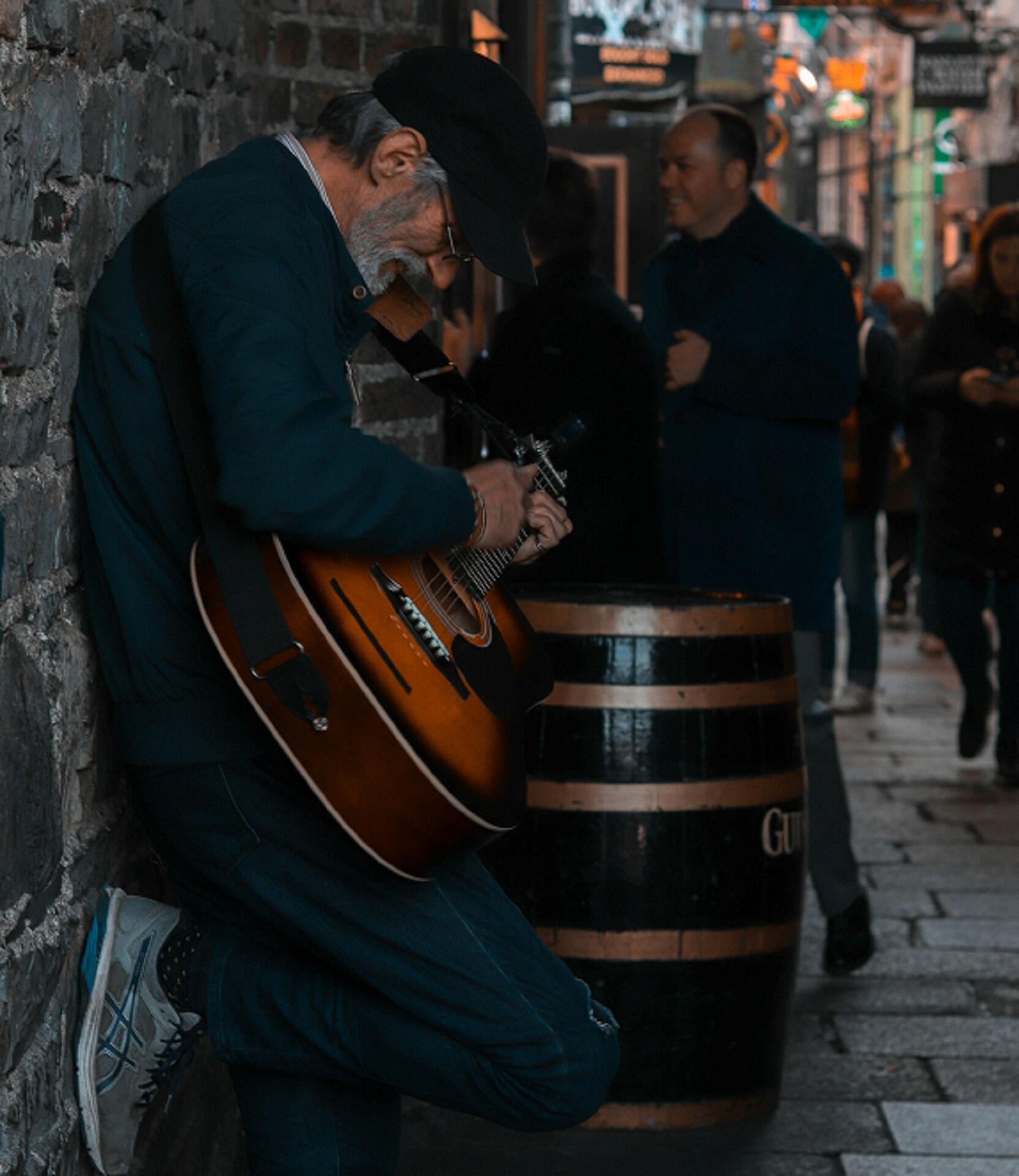
This isn't just a distinctive accent to learn to speak standard English with. It's an entire way of speaking overlaid onto the English language. Once you've grasped that fundamental difference, you're ready to practise the unique sounds of Irish English.
The Irish accent, as well as the North Irish accent, places great emphasis on vowels. However, it's hard to generalise how to form single vowel and vowel combination sounds, as they differ from one Irish accent to the next.
This video highlights the main vowel pronunciation rules, and introduces consonant pronunciations.
Pronouncing Consonants
Here, you have far fewer rules to remember, but they are equally important.
😎How Do You Do An Irish Accent?
Irish English stretches from Gaelic speech patterns, across regional dialects and deep into British English.
Irish-English words come from centuries of Irish civilisation and even give standard English words new meanings. Sentence structure and speech patterns take their form from Gaelic standard speech.
If we were to build an encyclopedia of Irish words and how to say them with the proper accent, this article would go on forever. Rather than acting the maggot (being bothersome and obstinate, in Irish English), we present a comparatively small list of choice terms.
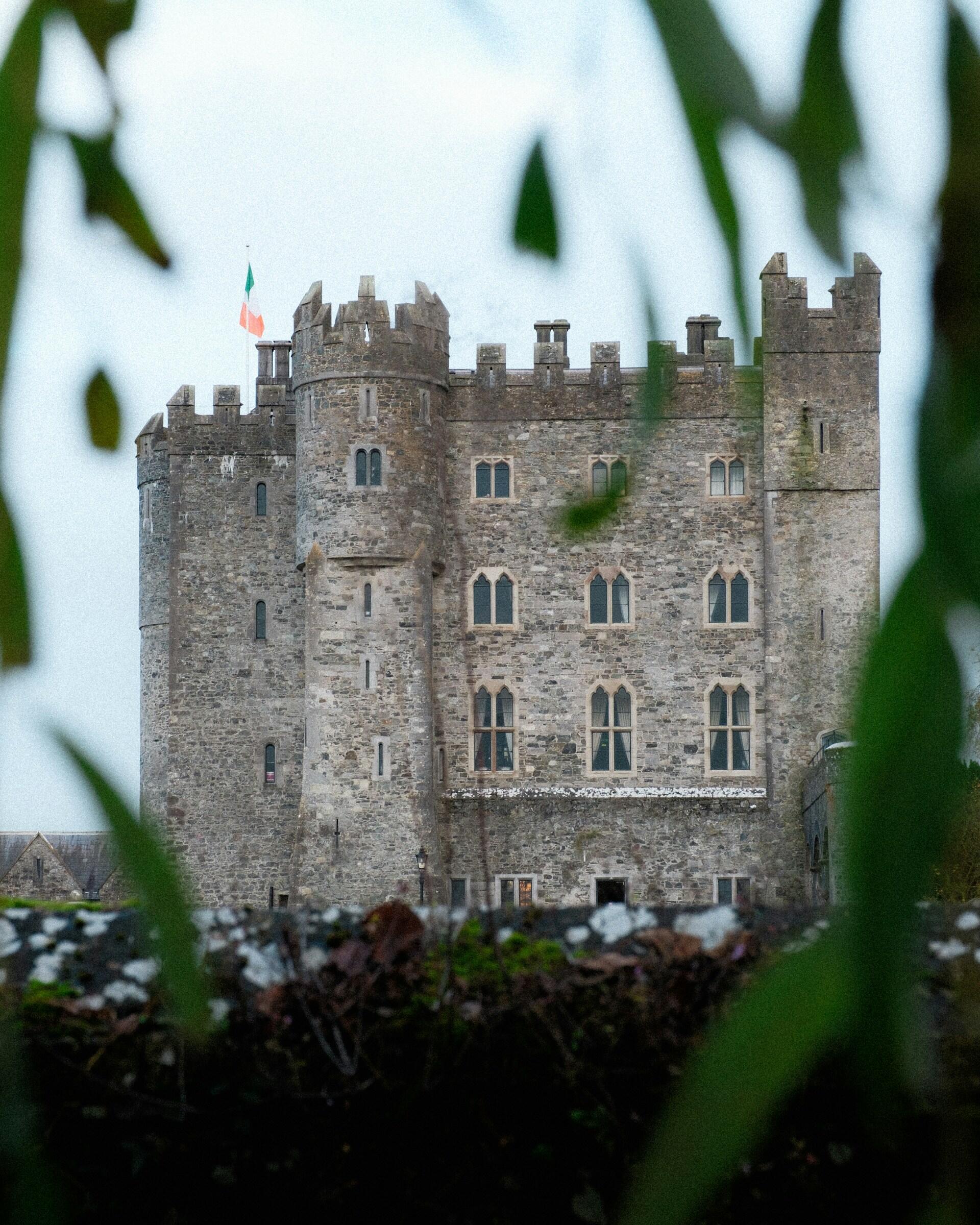
It's short enough to keep your interest but long enough to give you sound Irish accent practice.
| 📖Word | 🎯Meaning | 🤔Sample sentences |
|---|---|---|
| arra musha och yerra | exclamations | Arra, don't be talking nonsense! Och, musha no, ma'am, I never seen er! Och, I dunno know how long he's gone. Yerra, if it works, it works. |
| banjaxed | completely broken, useless, ruined | My hoover's banjaxed, it's why my room looks a kip. |
| bucklepper | an overconfident, overactive individual | Och, springtime, all the shoneen out like buckleppers! (shoneen: an Irishman who acts like an Englishman) |
| Cod | a fool; fooling someone | Don't make a cod of yourself I was only codding her! |
| craic crack | entertainment, having fun | Yerra, it’ll be great craic! The craic was mighty, mighty! |
| fáilte | welcome | céad míle fáilte is a standard greeting (meaning: a hundred thousand welcomes) |
| grá | affection for; love (not always romantic) | They have a great grá for cats! |
| gansey | cardigan, sweater | Take yer gansey, we've another soft day (overcast with drizzle) |
| hames | make a mess of things | He made a right hames of that, dint he? |
| Jacks | bathroom, WC | Where's the jacks? |
| kip | a nasty, sordid place | That hotel was a kip! The place is a kip, I can't believe we're eating here! |
| mitch | to skip school | Musha, you've mitched for the last time. childer! |
| sleeveen | cunning, untrustworthy person. | Ya little slieveen, always snaking ur way out of trouble! Och that Connor, what a sleeveen! |
| press | cupboard | You'll find the bread in the press, under the delph (dishes). |
| runners teckies tackies | trainers | Ya, where's me runners? You like my new teckies? |
Across Britain, the accents we hear and the vocabulary speakers use are colourful, meaningful and, often, fun. But, as is most always the case, genuine cultural and historical causes underpin word selection and usage. Nowhere is that more true than with the Irish accents. (Well, except for Scottish accents 😍)!
Summarise with AI:

